By Dr. R. Balasubramaniam
When one reads the several tweets that are flooding the social media space about the ongoing political drama in the State of Karnataka, one worries on how people are interpreting ‘Leadership’ and how they see the State being led. While one party cries foul and blames the selfish positioning of the leader and his family, another sees the hidden agenda and unwillingness of another to share power as the problem. Another party which just formed the Government sees the swearing-in of their ‘key architect’ as the leader who can deliver the State from ‘mis-governance’ and provide the much-needed ‘development.’
While each of these narratives has its own element of truth, what is worrisome is the manner in which the word ‘leader’ is thrown around. When we equate leadership with holding high office or exerting great influence, we reinforce a tendency to value station and power. Our own perceptions and understanding of leadership reinforces this conviction and we are constantly and unwittingly communicating that power has intrinsic worth.
We need to appreciate ‘Leadership’ is a normative concept and implicit in people’s notions of leadership are images of a social contract. Imagine the differences in behaviour when people operate with the idea that “leadership means influencing the community to follow the leader’s vision” versus “leadership means influencing the community to face its problems.” In the first instance, influence is the mark of leadership; a leader gets people to accept his vision and communities address problems by looking to him. If something goes wrong, the fault lies with the leader. In the second, progress on problems is the measure of leadership; leaders mobilise people to face problems and communities make progress on problems because leaders challenge and help them do so. If something goes wrong, the fault lies with both leaders and the community.
In reality, do we really have such people who can mobilise their community and resources that they have to bring about positive change? Is it asking too much in today’s world where each one is driven by ‘what is in it for me’ to step up and live his life in the cause of serving others? Will the people be willing to accept a person who exercises ‘real leadership’ and exhorts his people not to look up to him but instead take on the difficult task to being a part of the solution?
Muthiah, a soliga tribal living in a tribal hamlet of Kollegal, fits this description of a person who has been doing just that. Not for one year or for a decade, but for the last 30 years and more. Born in poverty, but deeply influenced by his activist father, Muthiah decided early that he needed to work with his indigenous community to ensure a decent life. Living under the constant threat of being evicted from the traditional habitat — the forests and being subjected to exploitation by several forces, indigenous forest dwelling tribals had little choice but to meekly accept the life that they led as their fate. But Muthiah was not willing to do so. He felt that he needed to be the voice of his people and chose working for their welfare as his life’s mission. He began mobilising other like-minded tribals and soon helped set up a community-based organisation — the Soliga Abhivrudhi Sangha (SAS), with assistance and guidance from a NGO.
From humble beginnings, the SAS grew in membership and was built brick by brick with people like Muthiah who were neither heard nor seen. Expenses for their activities were made from the annual fees that each member paid. The initial years were one of great struggles and Muthiah fondly remembers walking several miles each day, moving from one tribal colony to another, inspiring his fellow people to come together and engage with the State and others. From taking a ‘rights’ based approach, to learning to work with other NGOs and the Government, was one continuous learning journey for him.
Evolving from adopting a ‘confrontational’ approach to that of a ‘collaborative’ one was not easy. He not only had to constantly expand his own capability but he had to also ensure that his people understood the realities of working with Government while at the same time not lose out on their self- respect and dignity. From education to livelihood; from fighting for land to getting the Forest rights Act implemented in letter and spirit and strategising the future of the young educated tribals — he has done it all. He is not only respected by his people, but his gentle yet firm nature has earned the respect of the several senior Government functionaries that he interacts with. And he was mindful enough to understand that he should not seek to influence his people but had to only mobilise them to do the hard work themselves.
As he rose in stature, he also kept sight of the fact that he had to make himself dispensable, and he stepped aside from formal roles while at the same time grooming his other colleagues to take on the mantle. Over the last 30 years, Muthiah has worked to quietly move his people from a state of ‘resigned acceptance’ to giving them hope for the future. He has helped them move on from an incapacitated position to that of strength and belief in their own selves. His leadership today has ensured the soliga community in Annur has not withdrawn but continues to engage with powerful forces in the eco-system and shape their development narrative themselves.
I met Muthiah a few days ago and we travelled around the taluk visiting many of the people who had travelled this journey along with him. After several years of not holding any formal position, he had re-taken the role of the Secretary of SAS and I then asked him the question that was on my mind. Why did he do it and did he not see it as a retrograde step? Muthiah’s answer was both clear and insightful. He knew that the world that he had operated in had changed and the issues facing tribals today was very different from what it was thirty years ago. While solutions then had to revolve around ‘rights’ and expressing their ‘voice’; today it was about dealing with a restless young generation that was both aspirational and impatient. The skill set that one needed to operate today was different and complex. He felt that he needed to ensure that he and his team not only acquired it but also consciously worked to build a new generation of young people to play the role that he did several years ago.
He was aware that leadership was contextual and he needed to take on a formal role, albeit for a short time only to ensure that more leaders were created to take on the task of doing the real hard work needed today. And after that, he said, he would retire to farming the small piece of land that his family owned. Fading away is a quality that only true ‘leaders’ demonstrate while most that we see nowadays, especially in the political space feel threatened and empty when such a suggestion is even thought of.
[Dr. R. Balasubramaniam, founder of Swami Vivekananda Youth Movement & GRAAM, teaches leadership at Cornell University and IIT-Delhi. He can be reached at: [email protected]]



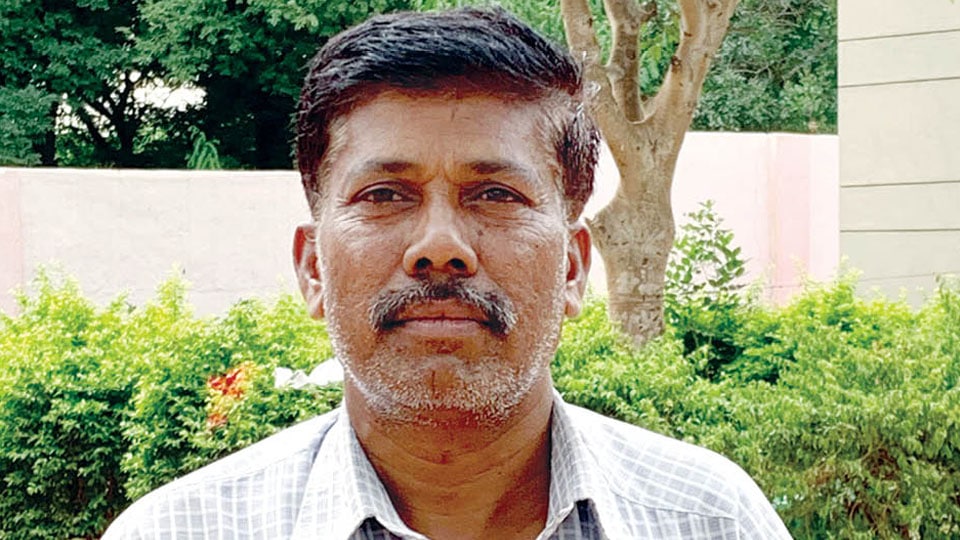
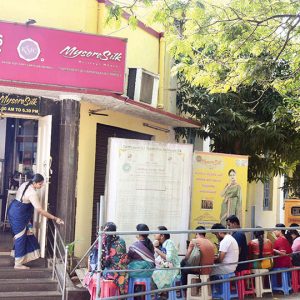
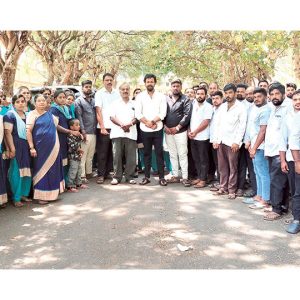
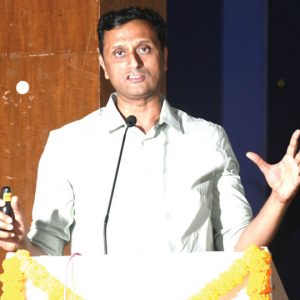
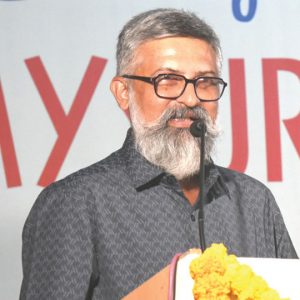
Recent Comments